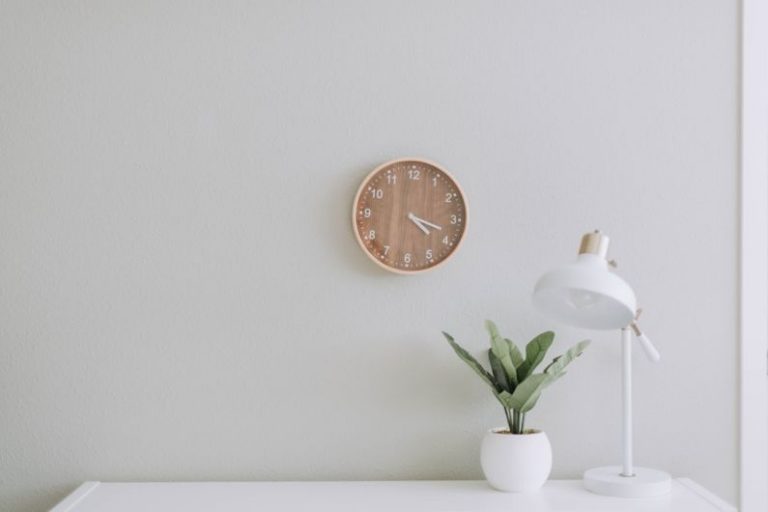
Purchasing real estate is a significant milestone for many individuals, symbolizing financial stability and a sense of accomplishment. However, amidst the excitement of finding the perfect property, it is crucial for buyers to be aware of the hidden costs associated with buying real estate. These costs can often catch buyers off guard and significantly impact their overall budget. In this article, we will delve into some of the less obvious expenses that come with buying real estate, shedding light on what to expect beyond the initial purchase price.
Understanding Closing Costs
One of the most substantial hidden costs when buying real estate is the closing costs. These costs typically include various fees such as appraisal fees, title insurance, attorney fees, and loan origination fees. They can add up to 2% to 5% of the purchase price of the property. Buyers should factor in these expenses when budgeting for their home purchase to avoid any last-minute financial strain.
Property Taxes and Homeowners Insurance
Property taxes and homeowners insurance are ongoing expenses that homeowners must account for after purchasing a property. Property taxes are based on the assessed value of the home and can vary significantly depending on the location and size of the property. Homeowners insurance is crucial for protecting one’s investment and should not be overlooked. These expenses are recurring and can fluctuate over time, so it’s essential to budget for them accordingly.
Maintenance and Repairs
Owning a home comes with the responsibility of maintenance and repairs, which can quickly add up over time. From routine maintenance tasks like lawn care and gutter cleaning to unexpected repairs such as a leaking roof or a faulty HVAC system, homeowners should be prepared for these additional costs. Setting aside a fund for maintenance and repairs can help alleviate the financial burden when unexpected issues arise.
Homeowners Association (HOA) Fees
If the property is located in a community with a homeowners association, buyers will likely have to pay HOA fees. These fees go towards maintaining common areas, amenities, and community services. The cost of HOA fees can vary widely depending on the neighborhood and the services provided. Buyers should carefully review the HOA rules and fee structure to understand what they are paying for and how it fits into their budget.
Utilities and Other Monthly Expenses
In addition to mortgage payments, homeowners must budget for utilities such as electricity, water, and gas. These expenses can fluctuate seasonally and depending on usage, so it’s essential to account for them in your monthly budget. Other monthly expenses to consider include internet and cable services, trash removal, and any other services specific to the property or location.
Renovations and Upgrades
While some buyers may find a property that meets all their needs and preferences, others may want to make renovations or upgrades to personalize their space. Whether it’s a kitchen remodel, bathroom renovation, or adding a deck, these projects can come with a hefty price tag. Buyers should factor in the cost of renovations and upgrades when determining their overall budget for buying real estate.
In conclusion, buying real estate involves more than just the purchase price of the property. Hidden costs such as closing costs, property taxes, maintenance and repairs, HOA fees, utilities, and renovations can significantly impact a buyer’s budget. By being aware of these expenses and planning accordingly, buyers can make informed decisions and avoid financial surprises down the line. It’s essential to consider the full financial picture when purchasing real estate to ensure a smooth and successful homeownership experience.





